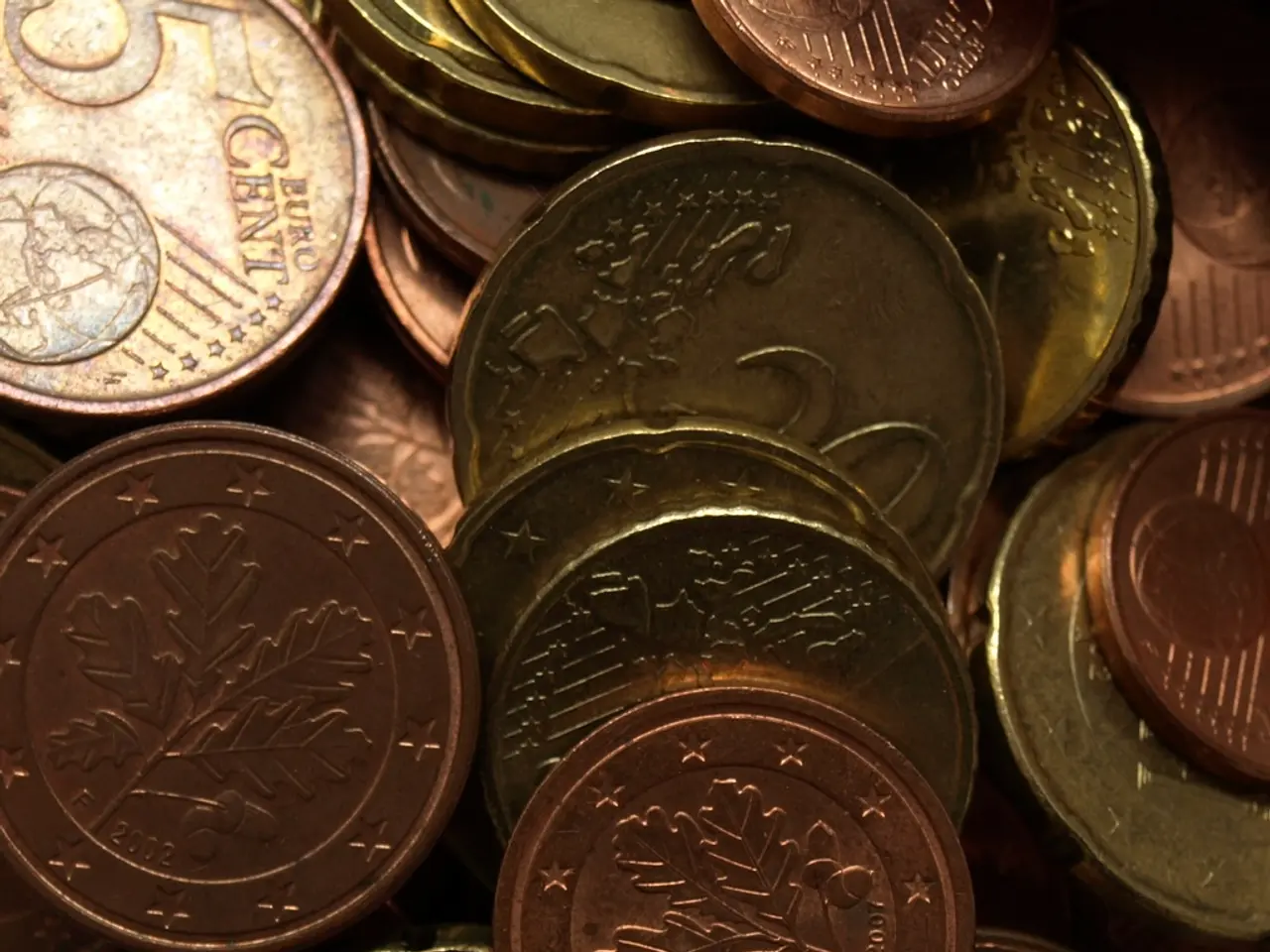El Salvador's Bitcoin holdings are being shifted for approximately $680 million due to concerns over quantum computing risks.
El Salvador Strengthens its Bitcoin Reserves and Sets a Precedent
El Salvador, a trailblazer in the adoption and protection of Bitcoin among countries, has taken a proactive approach to safeguard its Bitcoin reserves. With approximately $680 million worth of Bitcoin now stored in new wallets, the Central American nation is demonstrating its commitment to the digital currency's future.
Since adopting Bitcoin as legal tender in 2021, El Salvador has been at the forefront of the global cryptocurrency scene. The government's efforts, including the launch of the Chivo wallet, Bitcoin education, and plans for a "Bitcoin City", have solidified its position as a leader in the cryptocurrency world.
In a move that adds a new chapter to its ongoing story of embracing cryptocurrency, El Salvador has divided its Bitcoin reserves across 14 wallets, ensuring no single wallet holds more than 500 Bitcoins. This approach is common among large holders in the world of cryptocurrencies and is a smart safety measure to limit potential losses if a wallet is compromised.
The decision to diversify its Bitcoin holdings comes as a response to the potential threat of quantum computing. Although still in its early stages, quantum computing could potentially crack Bitcoin's encryption. By spreading its reserves across multiple wallets, El Salvador is taking steps to protect its Bitcoin reserves not just for the present, but for decades to come.
The proactive approach is also a testament to El Salvador's long-term confidence in Bitcoin. By diversifying its holdings, the country is underscoring the need for cryptocurrency security to evolve with technology.
The move could set a precedent for other countries to follow in their efforts to secure their cryptocurrency holdings. As a result, governments and institutions worldwide may reassess their cybersecurity measures, potentially making cryptocurrency security a bigger focus in the coming years.
In the calm market reaction to El Salvador's move, there is a clear sign of responsibility rather than panic. This response reflects the growing acceptance and maturity of cryptocurrencies in the global financial landscape.
In conclusion, El Salvador isn't just adopting Bitcoin, but also working to protect it for the future. The country's proactive approach to securing its Bitcoin reserves could serve as a blueprint for other nations looking to embrace cryptocurrencies while minimising risks.







